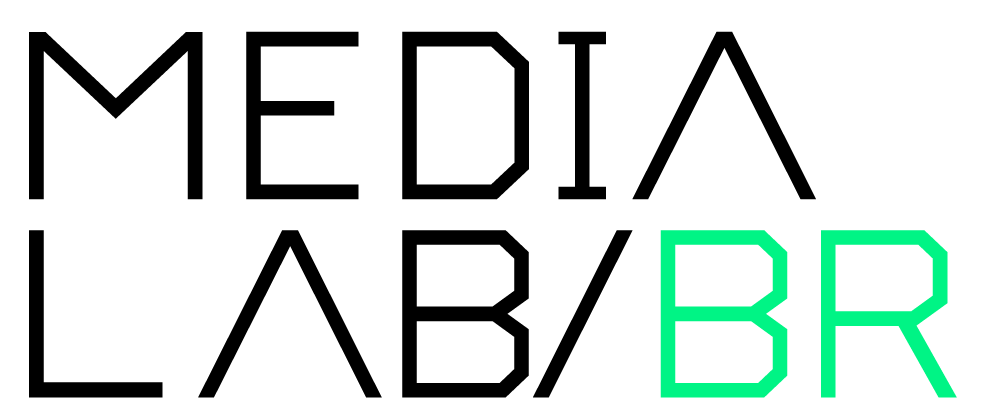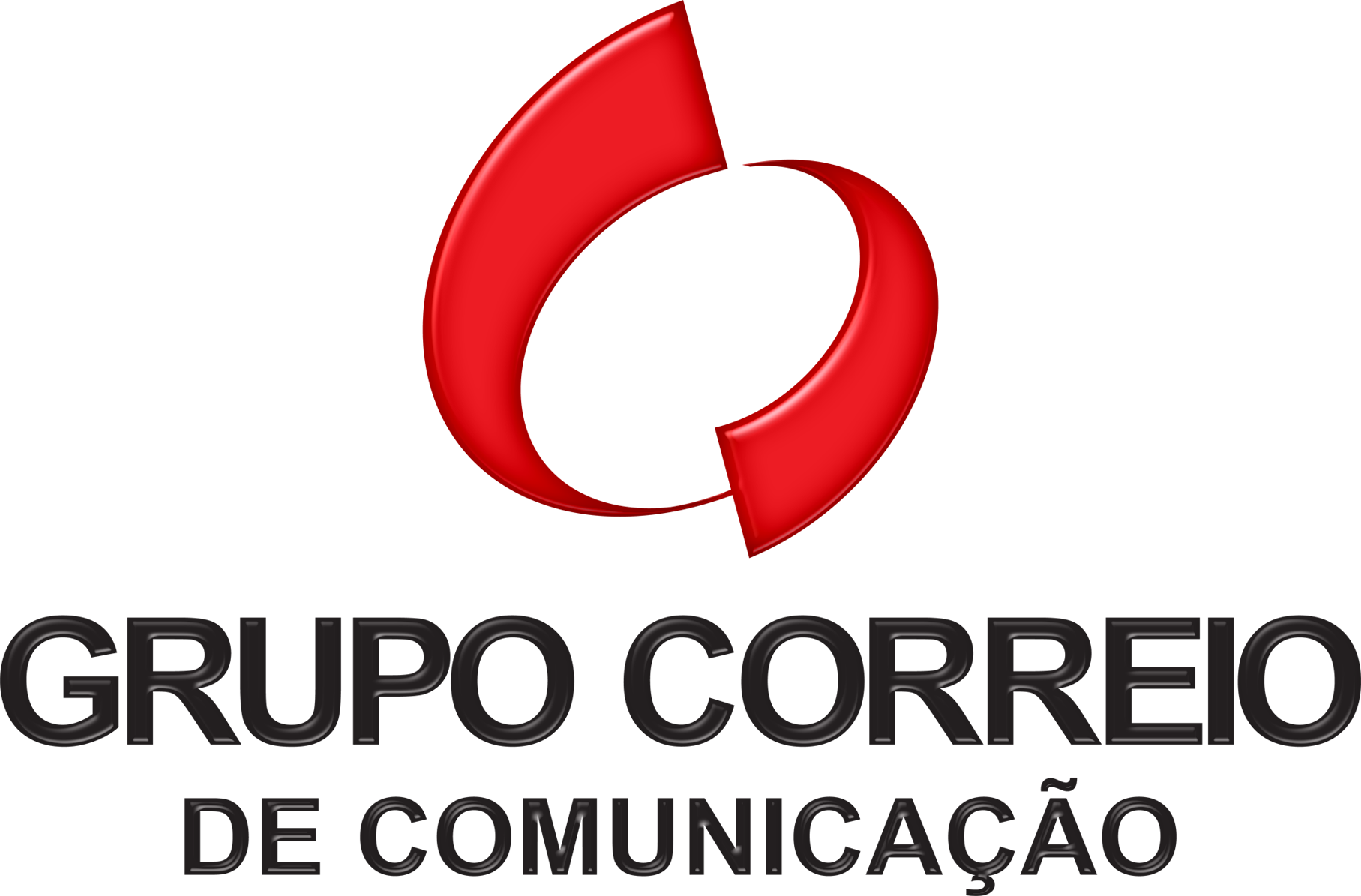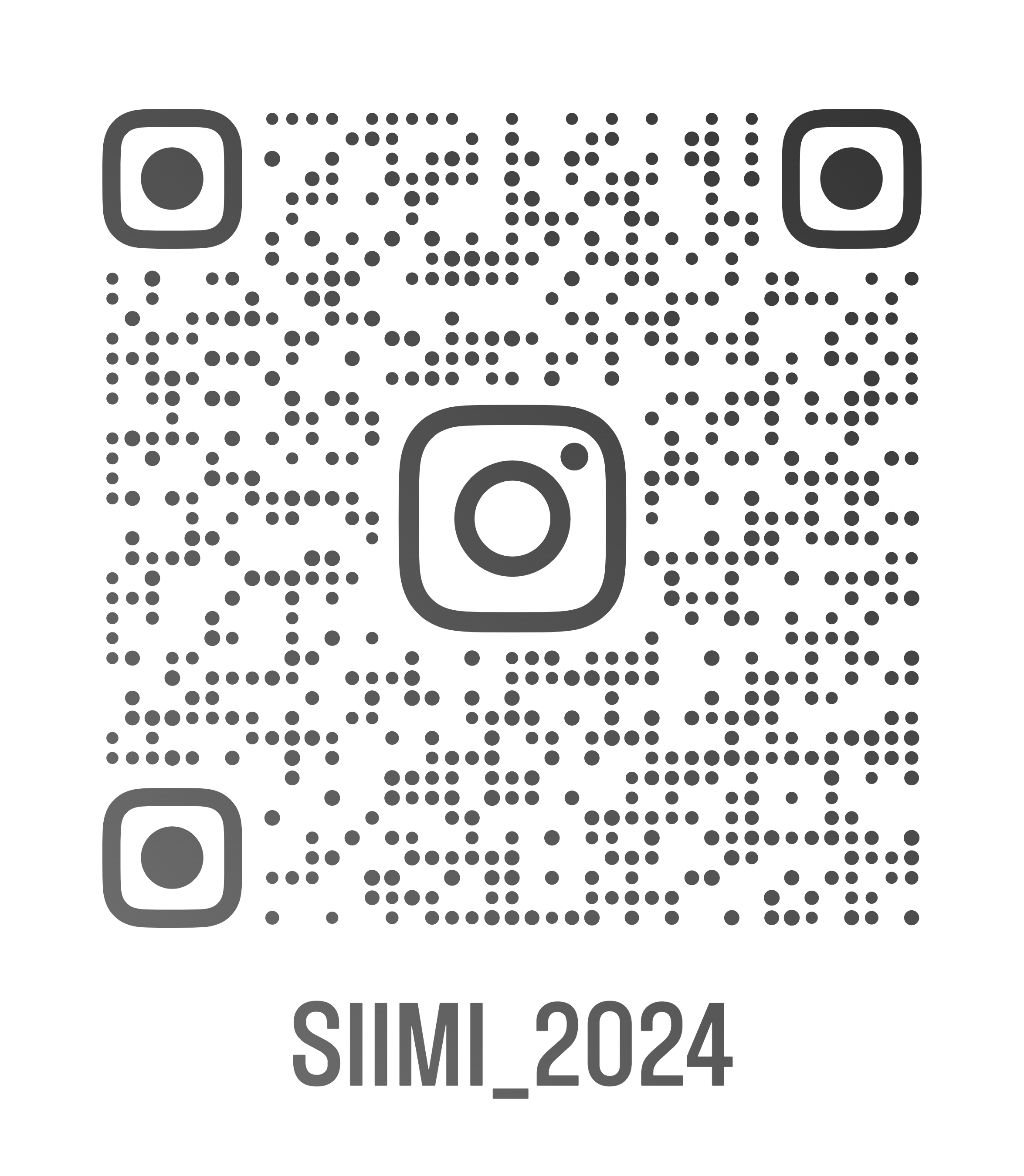
-
/ About
Held since 2012, the International Symposium on Innovation in Interactive Media (SIIMI) is an initiative of Media Lab/BR and its partners in the regional, national, and international context.
This will be the eleventh edition of the International Symposium on Innovation in Interactive Media, with a transdisciplinary focus, focusing on aspects of the user-system relationship, covering areas like art, design, interfaces, mental models for task realization, affordance, scripting for interactive media, biotechnology, creative methodologies, cost reduction in prototyping interactive products, games, among others.
The various editions of SIIMI have brought important researchers seeking to promote perspectives on the transfer of research, development, and innovation technology in the areas covered.
The Symposium's format includes lectures/conferences, discussion panels, and communication sessions designed to disseminate knowledge in the form of scientific dissemination, which will result in direct outputs (proceedings, videos, and online streaming) and indirect impacts (technical visits, agreements, and joint research).
SIIMI is responsible for international visibility and connections, had its first edition in 2012, and has been hosted in the cities of Goiânia (Goiás), Brasília (Federal District), Buenos Aires (Argentina), Valencia (Spain), Santiago (Chile), and the last edition took place simultaneously in the cities of Manizales and Bogotá, Colombia.
Now, for the first time, it will be hosted in the Northern region of Brazil at the Universidade Federal do Sul e Sudeste do Pará (Unifesspa). Thus, the event has stood out as one of the main gatherings that align Art, Science, and Technology in various presentation facets.
-
/ Concept
Submissions for the XI SIIMI (XI International Symposium on Innovation in Interactive Media) are now open! We invite researchers to present their work at the event, which will take place for the first time in the Northern region of the country, in Marabá (PA), from August 13 to 15, 2024.
The SIIMI's topics of interest include aspects of the user-system relationship, such as:
- Affordance;
- Biotechnology;
- Art, design, and interfaces;
- Games;
- Creative methodologies;
- Mental models for task execution;
- Cost reduction in prototyping interactive products;
- Scriptwriting for interactive media, among others;
Abstracts are expected to have a minimum length of 300 characters and a maximum of 600 characters, with the submission deadline until XX/XX.
Abstracts can be submitted in Portuguese, Spanish, English, or French.
/ Registration
Registration will be done through the system ###. Check out the fees:
Registration with paper submission: R$ 100;
Registration with poster presentation: R$ 50;
Registration for attendees: R$ 50;
Staff and students of Unifesspa are exempt, requiring proof of affiliation or registration using the institutional email.
The submission of artistic works, performances, and videos for exhibition/showing is free of charge but subject to selection according to the criteria of the event's Curatorial Committee.
Click here to access the submission system. (The system is still being prepared).
Links to the templates.
-
/ Program
Em breve!
-
/ Registration and Submissions
/ Submission
Submissions for the XI SIIMI (XI International Symposium on Innovation in Interactive Media) are open! We invite researchers to present their research at the event, which will take place for the first time in the Northern region of the country, in Marabá (PA), from August 13 to 15, 2024.
SIIMI's areas of interest include aspects of the user-system relationship, such as:
-
affordance;
-
biotechnology;
-
art, design, and interfaces;
-
games;
-
creative methodologies;
-
task accomplishment mental models;
-
cost reduction in prototyping interactive products;
scripting for interactive media, among others;
Abstracts with a minimum of 300 characters and a maximum of 600 characters are expected, with a submission deadline until April 21.
Abstracts can be submitted in Portuguese, Spanish, English, or French.
/ Registration
Registration will be done through the form. Check the fees:- Registration with article submission: R$ 100;
- Registration with poster presentation: R$ 50;
- Listener registration: R$ 50;
Unifesspa servers and students are exempt, and proof of affiliation or registration with the institutional email is required.
The submission of artistic works, performances, and videos for exhibition/display is free, subject to selection criteria by the event's Curatorial Committee.
Click here to access the Submission and Registration form.
/ Templates
Português (BR)
Artigo Apresentação Banner Español
Artículo Presentación Póster English
Article Presentation Poster Françoise
Article Présentation Affiche -
-
/ Local Info
-
/ Organizing committee
Scientific Committee Organizing committee Prof. Dr. Teófilo Augusto da Silva (Unifesspa)
Prof. Dr. Cleomar Rocha (UFG)
Profa. Dra. Suzete Venturelli (UnB)
Profa. Dra. Luisa Paraguai (PUC-Campinas)
Profa. Dra. Agda Carvalho (Instituto Mauá de Tecnologia-SP)
Prof. Dr. Antenor Ferreira (UnB)
Prof. Dr. Renan Vinicius Aranha (UFMT)
Profa. Dra. Regilene Sarzi Ribeiro (FAAC/UNESP)
Prof. Dr. Hermes Renato Hildebrand (Unicamp)
Prof. Dr. Armando Queiroz (FAV-ILLA)
Prof. Dr. Francisco de Fátima (FALET-ILLA)
Profa. Dra. Valzeli Figueira Sampaio (UFPA)
Prof. Dr. Felipe Londoño (UTADEO - Col)
Prof. Dr. Daniel Cruz (Universidad de Chile)
Profa. Dra. Tânia Aedo (UNAM - Mex)
Prof. Dr. Martin Groisman (UBA - Arg)
Profa. Dra. Raquel Mateo (ESP)
Prof. Dr. Alberto de Campo (UdK - ALE)Prof. Dr. Teófilo Augusto da Silva (FAV-ILLA-Unifesspa)
Prof. Dr. Cleomar Rocha (UFG)
Profa. Dra. Suzete Venturelli (UnB)
Profa. Dra. Luisa Paraguai (PUC-Campinas)
Profa. Dra. Paula Almozara
Profa. Dra. Agda Carvalho (Instituto Mauá de Tecnologia-SP)
Prof. Dr. Antenor Ferreira (UnB)
Prof. Dr. Renan Vinicius Aranha (UFMT)
Profa. Dra. Regilene Sarzi Ribeiro (FAAC/UNESP)
Prof. Dr. Hermes Renato Hildebrand (Unicamp)
Profa. Dra. Carina Flexor (UnB)
Profa. Dra. Valzeli Figueira Sampaio (UFPA)
Prof. Me. Claudio Coutinho (FEC-IGE-Unifesspa)
Prof. Dr. Armando de Queiroz Santos Júnior (FAV-ILLA)
Prof. Dr. Francisco de Fátima da Silva (FALET-ILLA)
Prof. Me. Amilton Damas de Oliveira (FAV-ILLA)
Prof. Me. José Maria Teixeira Da Costa Junior (FAV-ILLA)
Téc. Me. Patrício Rocha (UFPB)
Rafaela Cardozo (discente FAV-ILLA)
Jardel Marinho (discente FAV-ILLA)
Luca Eduardo Lima Meireles (discente FAV-ILLA)
Lucas Wilm (discente FAV-ILLA)
Itair Rodrigues (discente FAV-ILLA)
Steven Eden Nascimento (discente FAV-ILLA)
Igor Vinicius Duarte Miranda (discente FAV-ILLA)
Giovanny Nascimento (discente FAV-ILLA)Working Groups Logistics and Technique Communication Prof. Teófilo Augusto (FAV-ILLA)
Itair Rodrigues (FAV-ILLA)
Luca Eduardo (FAV-ILLA)
Giovanny Nascimento (FAV-ILLA)
Igor Vinicius (FAV-ILLA)Profa. Dra. Carina Flexor (UnB)
Steven Eden Nascimento (FAV-ILLA)
Lucas Wilm (FAV-ILLA)
Itair Rodrigues (FAV-ILLA)
Igor Vinicius (FAV-ILLA)Secretary Internationalization Prof. Dr. Teófilo Augusto (FAV-ILLA)
Jardel Marinho (FAV-ILLA)Prof. Dr. Francisco de Fátima (FALET-ILLA)
Publishing Curation and Monitoring Prof. Dr. Teófilo Augusto (FAV-ILLA)
Steven Eden Nascimento (FAV-ILLA)
Lucas Wilm (FAV-ILLA)
Itair Rodrigues (FAV-ILLA)
Luca Eduardo (FAV-ILLA)Prof. Dr. Armando Queiroz (FAV-ILLA)
Rafaela Cardozo (FAV-ILLA)
Lucas Wilm (discente FAV-ILLA)
/ Organization

/ Sponsorship
 |
 |
/ Support

